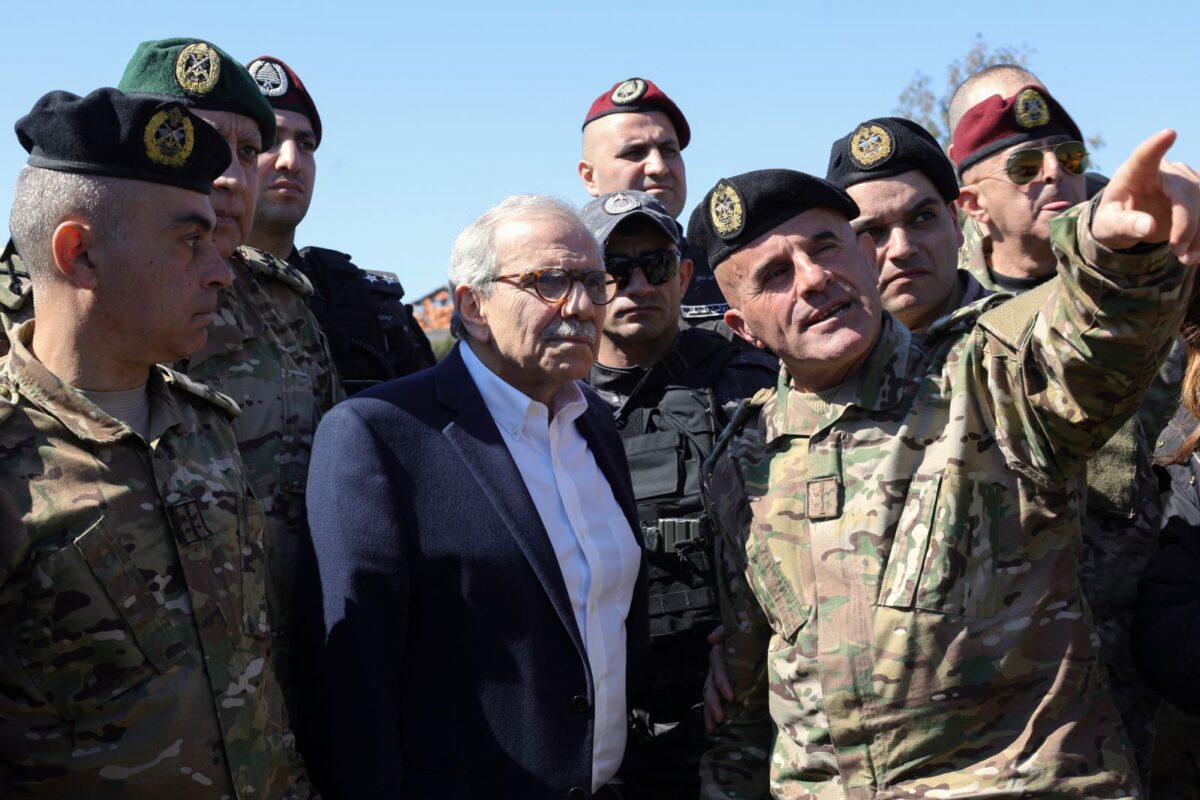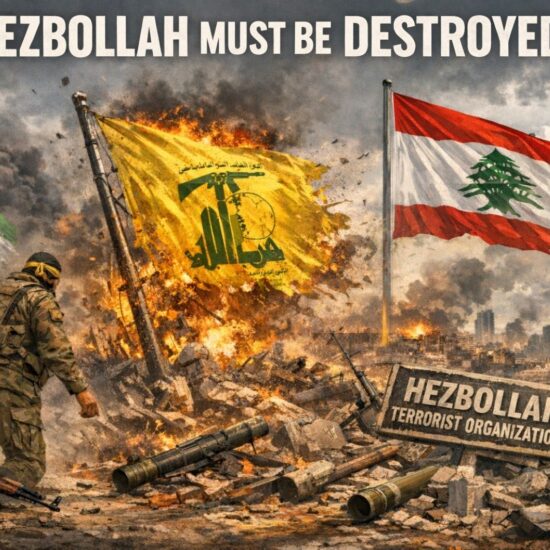
Lebanon is locked in a cycle of paralysis, and no debate exemplifies this more than the endless, sterile argument over Hezbollah’s arms — a debate that has long since ceased to be political and become existential.
In recent weeks, Hezbollah and its supporters have returned to their familiar refrain: that their weapons are “clean”, immune from the stipulations of UN Security Council Resolution 1701. They ignore the fact that this resolution — negotiated and signed with the approval of Speaker of Parliament Nabih Berri, who also represents Hezbollah — demands the disarmament of all non-state actors.
Contrary to the mythology promoted by Hezbollah and its allies, it was the party itself — not Israel — that sued for the latest ceasefire. Through backchannels and direct appeals to U.S. envoy Amos Hochstein, Hezbollah sought de-escalation under terms clearly favorable to Israel. Far from a show of strength, this episode marked the collapse of a decades-long Iranian military project disguised as “resistance.”
Waste thirty minutes listening to Hezbollah Deputy Secretary-General Naim Qassem and you’ll come away with one stark conclusion: the party and its regional axis are utterly detached from reality. Their talk of victory, steadfastness, and deterrence is not just delusional — it’s dangerous. It reveals either a pathological denial of facts or a cynical willingness to lie. Both are equally corrosive.
Hezbollah insists that their arms are legitimate because they were once used against Israel — and because, they claim, they enjoy a “cross-sectarian national consensus.” But today, this justification is no different from the ancient tribal practice of burying newborn daughters alive — a horrifying tradition once seen as honorable in patriarchal societies. Like Hezbollah’s arsenal, it was once accepted in its community. And like that practice, it is now indefensible.
Hezbollah’s weapons no longer belong to the present. Not simply because Israeli strikes have eliminated many of the party’s senior figures — including, reportedly, its secretary-general — but because the weapon itself, rooted in sectarianism and subservience to Tehran, has become a crime against Lebanon. It is the very people who once embraced the party — those in the South and the suburbs — who have paid the price: displacement, destruction, humiliation.
And in their time of need, Hezbollah offered no protection. Instead, it was the party’s Lebanese political opponents who provided shelters, aid, and refuge. Hezbollah, once the self-proclaimed shield of Lebanon, became its most reckless liability.
Today, the question of Hezbollah’s arms is not a “national dialogue” issue, as President Joseph Aoun has suggested. It is a national trauma. What we are witnessing — particularly among the party’s base — is not resilience, but a kind of collective psychological collapse. The most telling moment came during an Israeli airstrike on a Hezbollah weapons depot. From a distance of 300 meters — the range instructed by Israeli army spokesman Avichay Adraee — party supporters gathered not in protest, but in celebration, firing bullets into the air to rejoice over the destruction of their own neighborhoods.
How does one explain this to friends abroad? Why would young men celebrate the bombing of their homes?
This is not politics. It is pathology. And like the pre-Islamic tribes who buried their daughters and insisted it was noble, Hezbollah’s base — and its shrinking leadership — insists on the legitimacy of a weapon that has long since become an act of collective suicide.
Lebanon now faces two stark choices: either bury Hezbollah — politically and militarily — or continue to be buried by it. The country cannot emerge from its current abyss while it remains shackled to a weaponized ideology from another time, another place, and another war.
Until then, Lebanon remains suspended in a new kind of jahiliyya (The Age of Ignorance) — one no less cruel, no less absurd, than the one we thought we had left behind.
This article originally appeared in Nidaa al-Watan
Makram Rabah is the managing editor at Now Lebanon and an Assistant Professor at the American University of Beirut, Department of History. His book Conflict on Mount Lebanon: The Druze, the Maronites and Collective Memory (Edinburgh University Press) covers collective identities and the Lebanese Civil War. He tweets at @makramrabah







